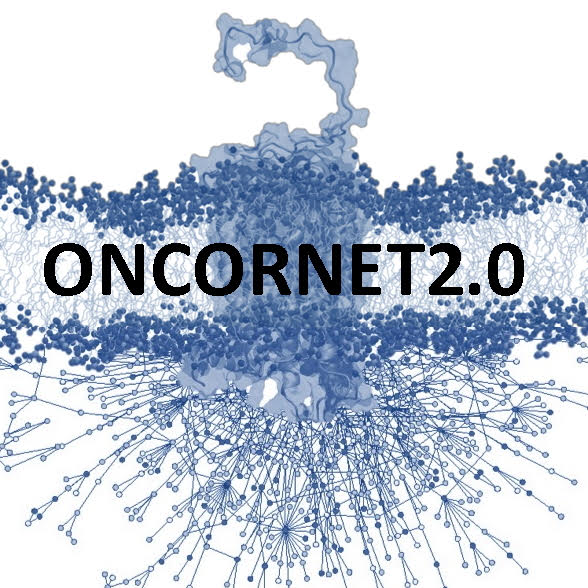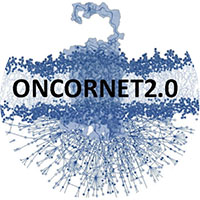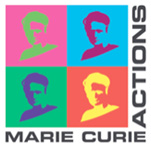INSERM
![]()
website: http://umr996.inserm.fr/teams/team-i/
General description
The UMR996 that encompasses 3 teams (~60 persons) is an INSERM and Paris- Saclay University laboratory. INSERM has a unique position at the interface between fundamental research, medicine and public health, and encompasses 350 laboratories throughout France. The UMR996 will move in 2022 in a new building, integrating more than 800 researchers and 3000 students, in frame of the new Paris-Saclay university that will be created in 2020 with the project to be the most important French scientific cluster promoting collaborations at interfaces between Biology, Medicine and Chemistry, Mathematics, Engineering, and Physics. The UMR996 encompasses Teachers/Researchers and Clinicians with complementary experience and knowledge in basic research (Immunology, Virology, Cell biology), immunopathology and clinical research. This translates into experimental approaches which combine in-vitro molecular assays, to murine models, ex-vivo analysis of murine and human samples and studies of patient’ cohorts. The team led by Françoise Bachelerie investigates various aspects of the biology and physiopathology of chemokine receptors (cancer, immunodeficiencies and virus-induced diseases) with a long-standing interest into the CXCR4/CXCR7 receptors of the CXCL12 chemokine. Education and training through research is an important part of UMR996 missions.
Key research facilities, infrastructures and equipment
The UMR996 belongs to the federative Institute (SFR-IPSIT) of which F. Bachelerie acts as the director and that embraces 12 laboratories and a service Unit (Inserm-US31 CNRS-UMS 3679). The service Unit comprises 10 state-of-the art core facilities supporting cutting edge biological & chemical research with both basic and translational scientific value including imaging (high and super-resolution microscopes), proteomics and transcriptomics, spectrometry, an animal facility, flow and mass cytometry (CyTOF®, Helios), molecular screening including in-house chemical libraries, and histological analysis with virtual microscopy resources.
Project members
Dr. Françoise Bachelerie ((PhD) (f) is Research Director at INSERM and director of the UMR996. She is a Virologist and a Pharmacologist recognized for her expertise and pioneer works in the field of chemokine and chemokine receptors biological and pathological functions (i.e. discovery that CXCL12 is the ligand for the CXCR4 receptor and de-orphanization of the CXCR7/ACKR3 receptor as the 2nd receptor for CXCL12). She will be involved in research design and in the supervision of the ESR. She supervised 6 PhD students and several Master degree students in the past 5 years

Dr. Geraldine Schlecht-Louf (PhD) (f) is Associate Professor at University Paris-Sud/Paris Saclay strongly involved in Teaching and Training (e.g; leader of Master Degree and teaching units of Paris-Saclay University, including international ones). She is an Immunologist focusing on Host/Viruses interactions. GSL heads a group, studying dendritic cells and Langerhans cells functional coordination in the context of papillomavirus -infection/persistence and -induced carcinogenesis with a focus on the role of chemokine receptors and more specifically the CXCL12/CXCR4-ACKR3 trio. She supervised 3 PhD students and more than 10 MSc degree students in the past 8 years and will be involved in research design and in the supervision of the ESR.

Follow us on
Contact details
Please contact us at:
e.v.langemeijer@vu.nl
ONCORNET Coordinator
Vrije Universiteit Amsterdam




